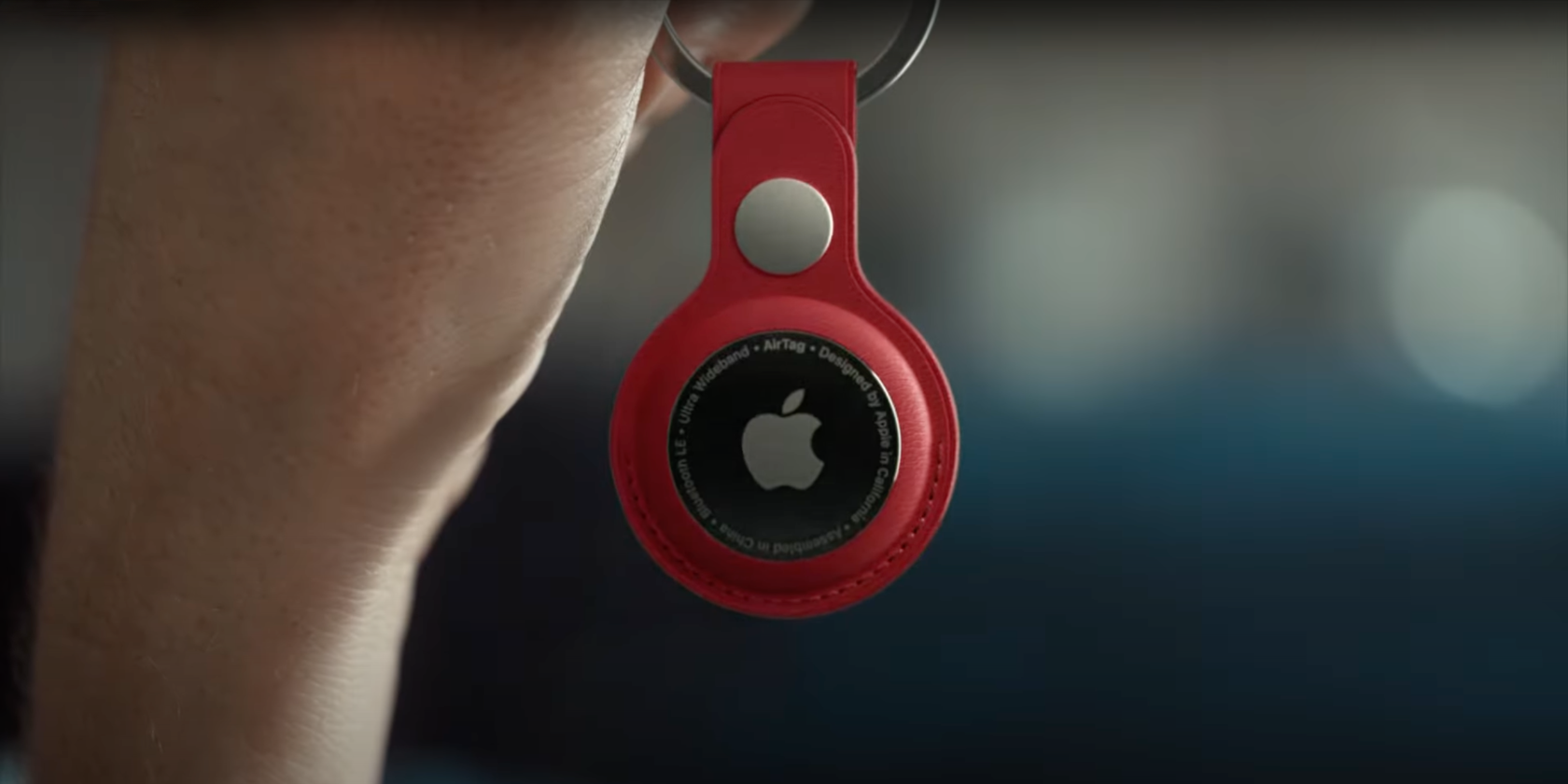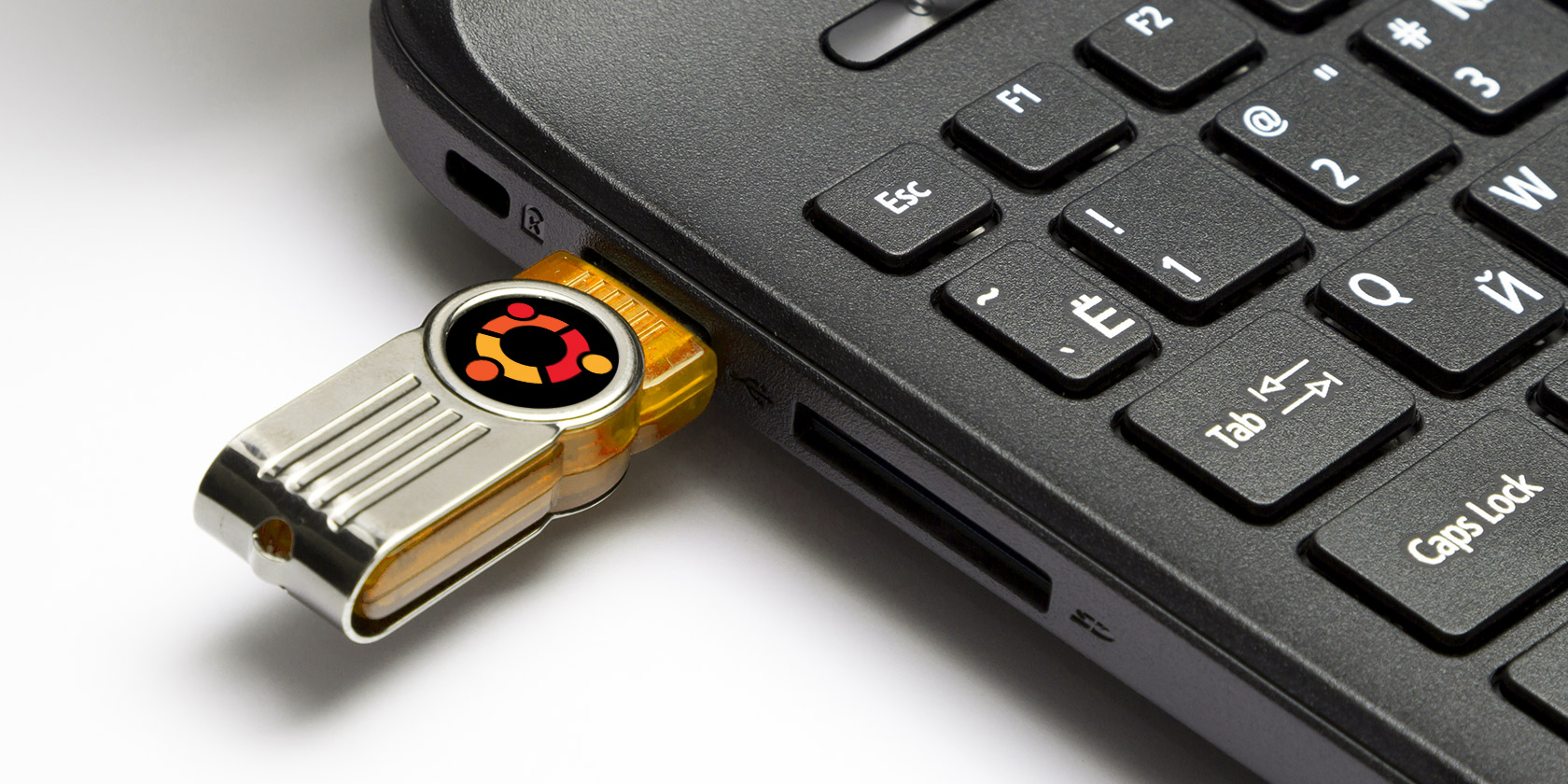
Whether you’re building your own PC or you’ve bought a pre-built rig, you should know how to reduce the amount of noise it makes—especially if you intend to do a lot of resource-intensive tasks like high-end gaming.
The tips and tricks in this article will show you practical ways to reduce PC noise, ranging from simple tweaks to hardware upgrades. Whatever your skill level, you’ll find a solution here that works for you.
1. Install Quiet Case Fans
Case fans can be one of the noisiest parts of any computer. They are essential to keeping components cool, but that doesn’t mean they have to be noisy.
Fans come in 80mm, 120mm, 140mm, and 200mm sizes as standard. High performance, premium, quiet fans are available, and while they can cost as much as $ 20 or more each, the difference they make over cheaper models can be astonishing.
The Noctua 120mm 512 case fan is an outstanding, tried and tested model. Switching your case fans to these will provide a significant decrease in volume. If you’re building a new high performance computer, this is an easy choice. But even if you’re upgrading an older system, it’s well worth spending the extra few dollars over cheaper models.
Noctua 120mm, Anti-Stall Knobs Design,SSO2 Bearing PWM Case Cooling Fan NF-S12A PWM Noctua 120mm, Anti-Stall Knobs Design,SSO2 Bearing PWM Case Cooling Fan NF-S12A PWM Buy Now At Amazon $ 17.31
These fans are designed with silicone anti-vibration pads in the corners. These help to decouple the fans from the case, and reduce the transmission of vibrations to the rest of the machine, all which helps contribute to a lower overall volume.
2. Install Anti-Vibration Fan Mounts
As mentioned above, some case fans come with anti-vibration pads. These can work wonders, but one significant area where vibrations can be transferred between case and fan is through the mounting screws. These are most often metal, and couple the fans to the metal case.
By using anti-vibration fan mounts to mount your fans, you’ll be surprised at just how quiet things can be.
Noctua NA-SAV4 silicone anti-vibration mounts for up to 4 fans Noctua NA-SAV4 silicone anti-vibration mounts for up to 4 fans Buy Now At Amazon $ 7.95
The best part is, these mounts can be purchased for only a few dollars per fan. Now that’s a bargain for the quiet PC enthusiast.
3. Use a Fan Speed Controller
A fan speed controller is an often overlooked component when building a computer. Your CPU fan is controlled by your motherboard. It can intelligently speed up or slow down depending on the system load and current temperature.
Case fans are not always this smart. They are usually on and running at the same speed, regardless of system temperature. By installing a fan controller, you can add some intelligence to you system fans.
The SilverStone PWM fan hub is an excellent budget choice. It allows the motherboard to accurately control up to eight case fans, while only taking up one control port from the motherboard.
SilverStone PWM Fan Hub System Cables, Black (CPF04) SilverStone PWM Fan Hub System Cables, Black (CPF04) Buy Now At Amazon $ 14.10
Many other fan controllers are available. From intelligent, to manual control, along with thermostatic capabilities. The hardest part is choosing one to suit your color scheme and budget!
4. Purchase a Quiet Case
Once you’ve got your fans sorted out, you can move onto your case. Many quiet cases function in much the same way. Internal panels are lined with special sound-damping material, which reduces the overall ambient noise from your machine.
The Corsair Carbide 100R represents excellent value for money, combined with solid noise reduction performance. This case, and many others, are not 100 percent silent however. There’s always some leakage around ventilation holes, fan mounts, and other parts necessary for a modern computer. This is fine, and won’t be a problem when combined with all the other tips and tricks mentioned here.
CORSAIR CARBIDE 100R Mid-Tower Case- Silent Edition- Quiet CORSAIR CARBIDE 100R Mid-Tower Case- Silent Edition- Quiet Buy Now At Amazon $ 56.99
It’s possible to install sound-damping material to the case yourself, but you’re nearly always going to get better results by purchasing a case designed to be silent from the start.
5. Replace With Quieter Components
Many components in a computer make lots of noise on their own. Mechanical hard drives, CPU/GPU coolers, and PSUs all make lots of noise.
Switching from a mechanical HDD to an SSD will make a huge difference. With prices lowering everyday, there’s not many reasons to keep hold of a spinning disk. SSDs produce no noise at all, and our fast SSD buying guide should help you choose one. You’ll also gain a significant speed increase.
PSUs can be noisy, in part due to the heat they generate and the giant fan often found on them. Fortunately, many PSUs are designed to be quiet now, and some will even turn off their fan when it’s not needed. A quick search for “silent PSU” will yield many results, just make sure to stick to a reputable brand, and read our guide to buying a PSU.
Your CPU and GPU produce a lot of heat, but don’t actually make any noise themselves—it’s those dreaded fans again! It’s tricky to change the fan on a GPU, but CPU fans can and should be upgraded.
Once again, Noctua make some of the best fans around. Other manufacturers such as Coolermaster or Corsair produce reasonable models as well. If buying a high performance CPU cooler, it’s often possible to swap out the fans for your favorite quiet models. Don’t forget to read our CPU fan buying guide for more advice.
When purchasing a GPU, look for models from manufacturers who have attempted to reduce the fan noise. These will often be sold as silent or quiet models. If you don’t need the performance, it’s possible to purchase passive models, which have no fan at all.
6. Watercooling
Watercooling is an extreme and often expensive way to cool your components. It can be complex to install, and still requires many fans to cool the reservoirs, but did you know you can purchase all in one, sealed systems, ready to go?
Systems such as the Corsair Hydro Series H60 offer a low price, small footprint device that can easily cool most compatible CPUs. Designed with a single quiet fan, you’ll not have much trouble with this. It’s also possible to switch out the fan; for added peace of mind you can reduce the noise further.
CORSAIR HYDRO SERIES H60 AIO Liquid CPU Cooler, 120mm Radiator, 120mm Fan CORSAIR HYDRO SERIES H60 AIO Liquid CPU Cooler, 120mm Radiator, 120mm Fan Buy Now At Amazon $ 59.99
7. Install Custom Cable Management
This final tip is a simple one, and you may already own the parts required to do it. By properly cable managing your computer internals, you can increase air flow, reduce heat, and therefore reduce noise.
If cables are thrown together and ignored, they may get in the way of components. If they obstruct air flow, your system may run hotter than it needs to, resulting in fans spinning faster (and therefore louder), to remove the excess heat.
By using a combination of zip ties, velcro loops, and cable routing, you can easily keep all cables out the main air flow path.
How Quiet Will You Go?
These tricks show just how easy it is to reduce the noise coming from your computer. Many of these tips are easy choices to make when building a new system, but it’s possible to retrofit them to any existing system.
If this silent machine is your first computer build, then take a look at our guide to avoiding common issues when building a PC.
Image Credit: DaLiu/Depositphotos
Read the full article: 7 Ways to Silence a Loud and Noisy Gaming Computer


